Information compiled from tales told by the “Jones Family”
Contributor: Nell Naugher
JONES OR REUBEN’S MILL
In the 1870’s, Elijah Marshall Jones and his wife, Josephine Roberson, with their family left Tallapoosa County, Alabama, with a destination of northern Tuscaloosa County and
southern Fayette County. Being millers by profession, they were in search of suitable
locations for gristmills. The gentle headwaters of Binion Creek in northern Tuscaloosa
County was the choice location for the Reuben Jones family while the rest of the family
traveled on to locate on Bear Creek which is located west of Newtonville. Perhaps there
was already a mill on this property when it was procured from LeGrand Shepherd; how-
ever, it became known as Jones’ Mill.
Grandpa Rube set about building the first of several ventures on the property located in
Section 9, Township 18S and Range 11W. Local fieldstones were used to construct a dam across the creek to harness the massive energy of the water. The millhouse was built below the dam. Rosetta Jones Oswalt Logan, daughter of Rube, related to her daughter-in-law, Clara Mae (Jim) Oswalt, the story of how her dad and several men took 2-4 wagons and stayed about two weeks on North River to “harvest” rocks for the huge grind stones. The rocks were crafted into huge, round grinding stones with a hole in the center for the shaft to be fitted into.
Visions of a huge overshot waterwheel can be disregarded because the wheel was located
in a sluice box where it lay horizontally under the building. Water was let loose to go rushing down the box to turn the giant wheel which turned the cogs to which the millstones were attached.
People of the community would bring their shelled corn in sacks to have the it ground
into meal by the two huge rocks. You had a choice of coarsely or finely ground meal. Vandie (Lasco) Jones preferred the coarse. She also liked for the corn to be ground slowly so that the rocks did not cause too much friction and cause the meal to get hot and cause it to have a flat taste. The ground product was put back into the sack in which the corn was brought in. The hard covering of the corn, or bran, was left with the meal. It had to be sifted out before the most delicious product, corn pone, could be made with buttermilk and baking soda. The bran was not wasted; it was put into the slop for the hogs. As payment for the grinding, a portion of the meal was retrieved for the miller.
Along with the gristmill were a cotton gin and sawmill. Lasco Jones, a grandson,
remembers the day he had to take his Uncle Sam Jones to the hospital when his arm became entangled in the gin. Lasco had to sign for the doctor to remove the mangled
limb below the elbow. Uncle Sam did not let this injury slow him down. He went on with his life – scaring us kids with the nub of the arm, farming and driving a school bus.
Clara Mae remembers making mattresses in the gin.
The sawmill made the lumber from which the original New Hope Baptist Church was constructed. It was located on the old Fayette Road, just south of where the present
church now stands.
The isolated community received mail that was picked up at Berry and delivered by
horseback. Reuben came to the rescue once again. On September 13, 1880, he became the first postmaster of Reuben , as was in so many cases, the location was named for
the postmaster. The postoffice was in operation until November 10, 1905 when it was
removed to New Lexington. It was located in the store which was located across the
road from the mill.
Many imbedded memories remain with the few remaining people who visited Jones
Mill. The pond became a holy place as new converts from Phillips Chapel Freewill Baptist, Macedonia Baptist, Concord Baptist, New Hope Batptist or Concord Baptist
Churches were baptized. It became a place of great enjoyment as kids and parents
alike enjoyed the swimming hole as portrayed by our local artist, Willie Frank Logan.
Information gathered by Nell Oswalt Naugher and Estelle Jones Bolton Barger.
Painting by Willie Logan
_________________________________________________________________
Additional contributions by Nell Naugher
Grandfather Reuben owned approximately 1500 acres of land in this area and passed it on to his children. Louvinnie, Reuben’s second wife was paid $400 for her part. The children deeded all the real property to Sam Jones and he in turn made deeds to each child. This was done to save cost and expense of recording long deeds.
Uncle Sam Jones, one of his children, lost his hand and part of his arm working in the cotton mill, and enjoyed terrorizing us children with his arm.
For years the mill ground corn, ginned cotton, and sawed logs. My mother remembers making mattresses at the mill. At one point the cotton mill closed, but the old mill continued to grind corn,. You could make a real corn pone from this meal.
There was no money in those days and the miller would take a portion for grinding. Over the years, the mill had several owners and operators. Some of them were: Grandpa Reuben and all his children, Floyd Jones, Sam Jones, Mr. Anner Freemen and Mr. Hosea Camp.
Resident men would gather here to grind their corn, chew tobacco, dip snuff, discuss the news of the day, talk about crops, and tell stories. I would imaging some of them were real stories and some were exaggerated.
It was here I took my first boat ride. My brother, James and I were going to Grandma’s (Reuben Jones’ daughter, Rosetta), and Mama cautioned us to “stay away from the mill pond”. As we passed, James noticed a flatbed boat tied up above the same and suggested we take a ride. He paddled up-creek until he had to roll his pants up, get out of the boat and push us out of the mud. He paddled back downstream, tied the boat and we continued with our trip to Grandma’s. It was years later before we told our parents.
We knew when we got to Grandma’s she would have left-over biscuits and slices of salty ham in the old wooden safe (cabinet) that had tin in the doors. And we would be HUNGRY!
Also, I remember going with my dad to get corn ground into meal. We had a safe that Grandpa Logan made. It had a bin on either side in the bottom. The let side was for a bushel of flour and the right side for a bushel of meal.
A few hundred yards southwest of the mill, a Deserters’ Den was constructed. Men who did not wan to to into service hid out here to avoid serving in the Civil War. It was a mound with a rock levee surrounding it. Someone mentioned that the men made shoes or repaired them.
The mill pond like other bodies of water in the area was also used by churches to baptize new members.
I remember young people gathering at Jones Mill Pond to go in swimming. The artiest who did the drawing The Old Jones Mill was one of those teenagers. When I contacted him (Willie Logan) to see if he had done a painting of the mill, he stated he could do it from memory.
In these days, time was plentiful and life was sweet.
Do you know anyone who was baptized in Jones Mill Pond? We would love to hear about it.
Jones Mill Pond is located on Jones Mill Road just off Old Fayette Road: https://goo.gl/maps/1wm8HmsYK2bxoq9v6. It is near Williamson-Jones Cemetery
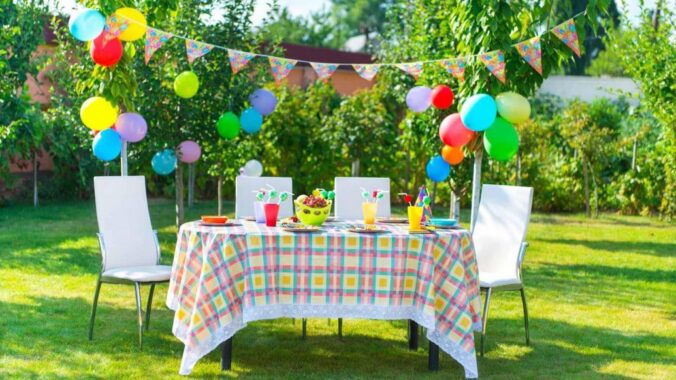
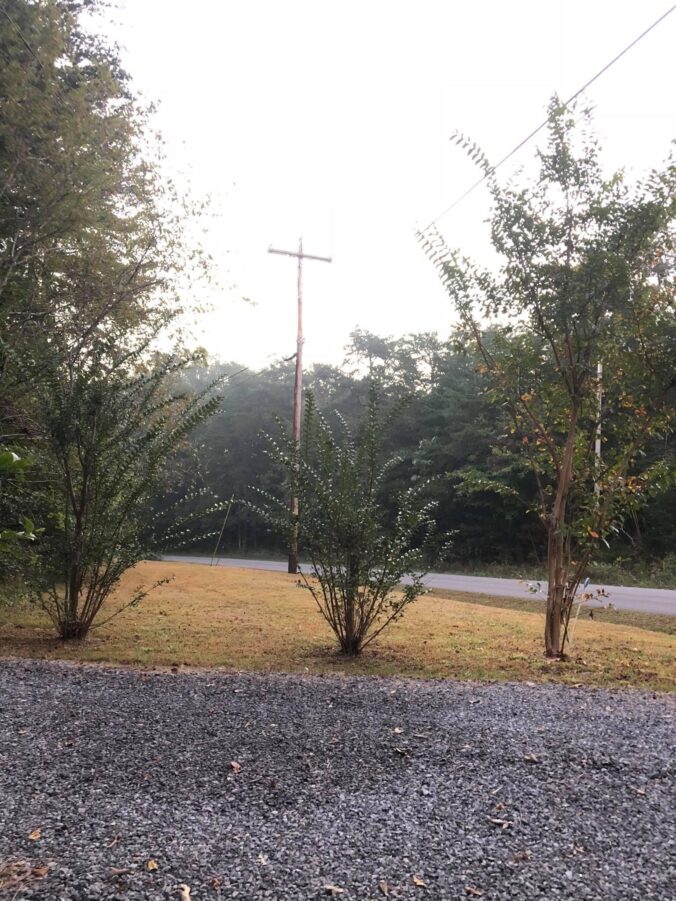


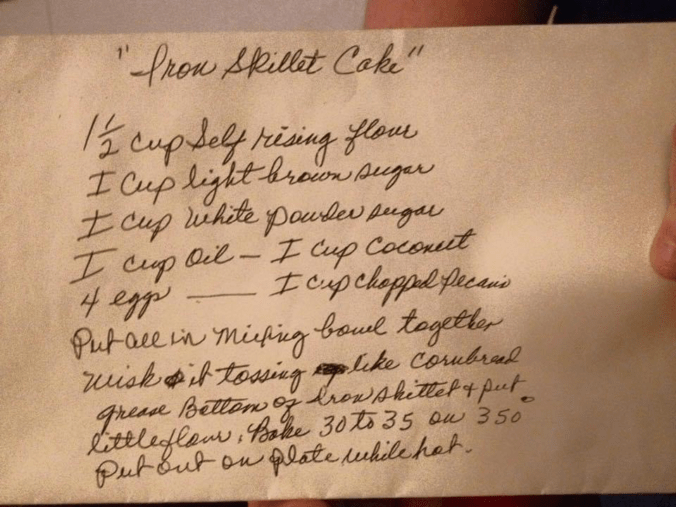
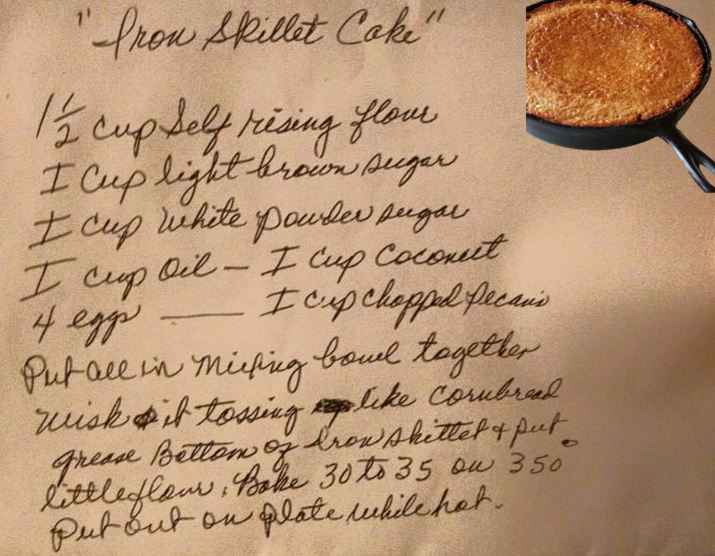
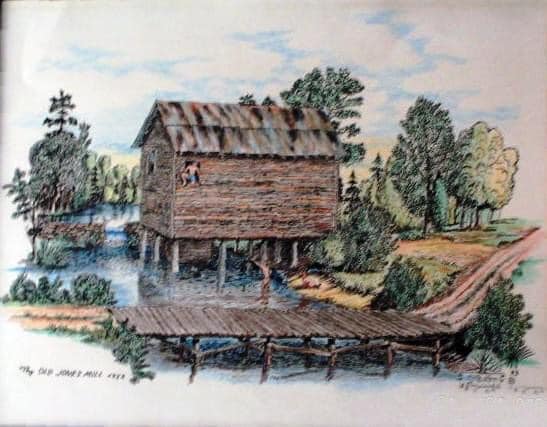

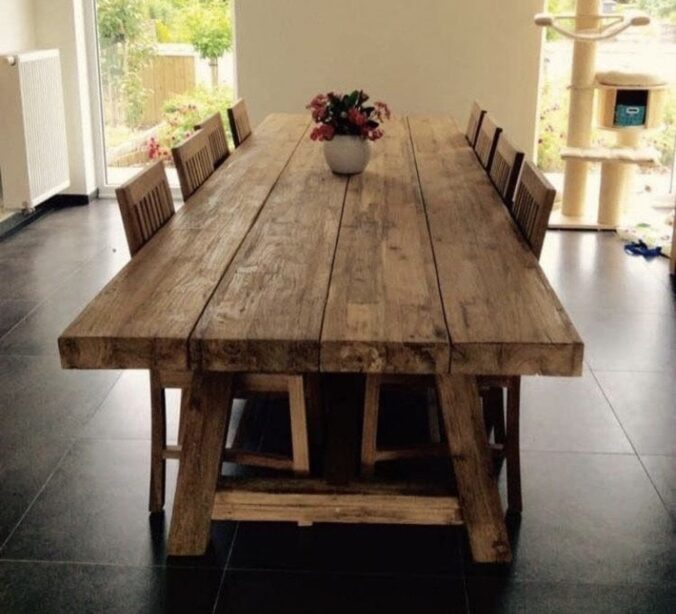
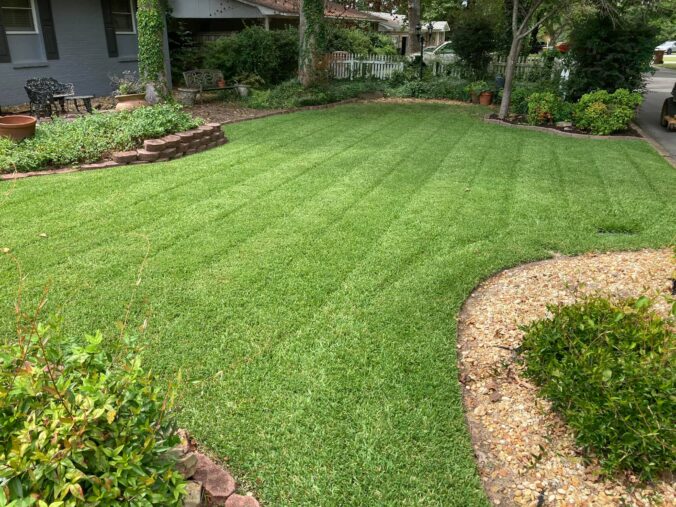
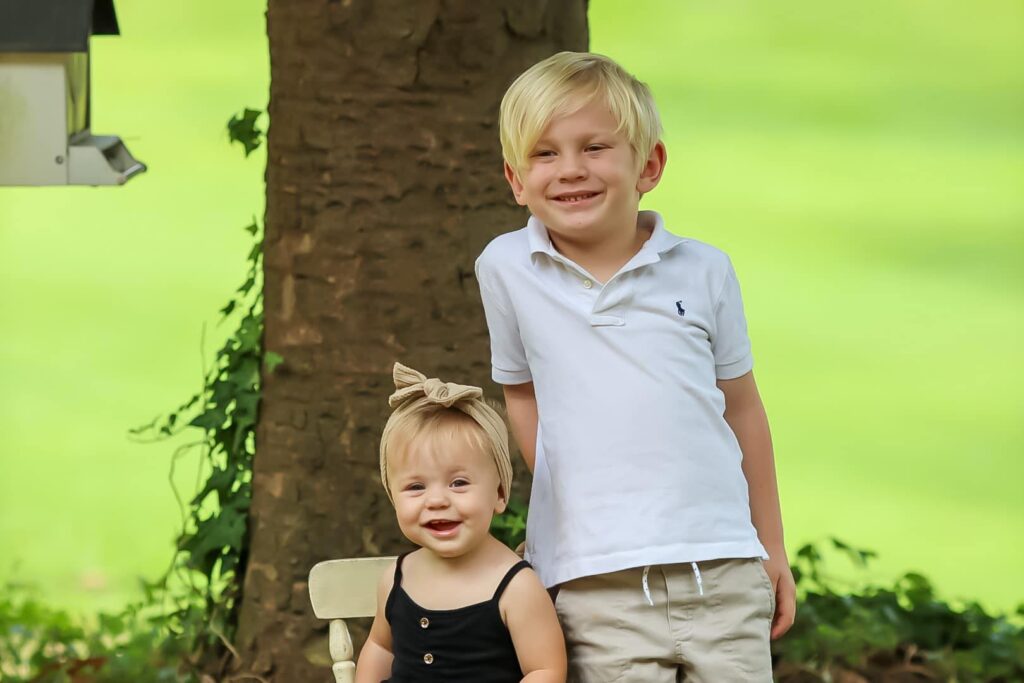
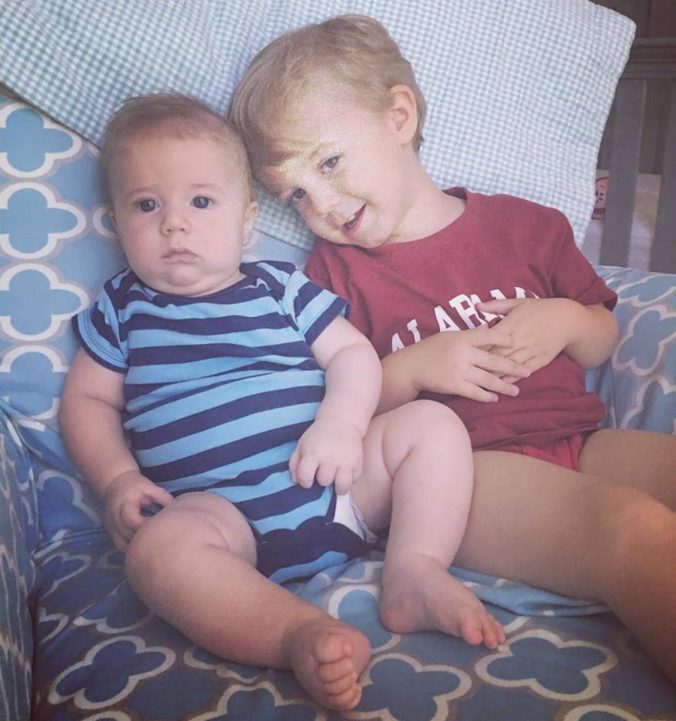
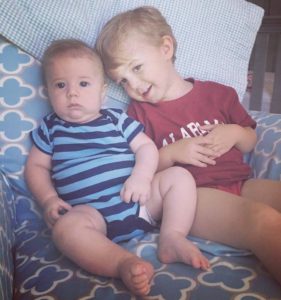
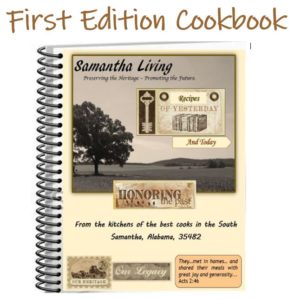
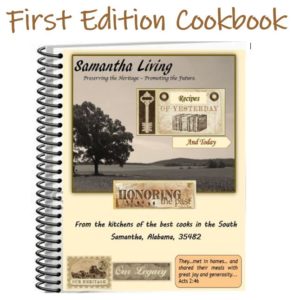
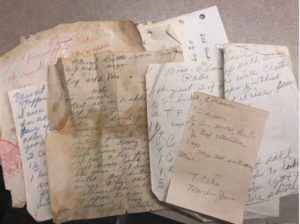
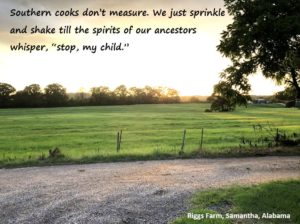
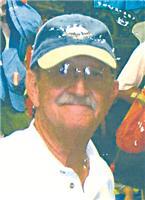
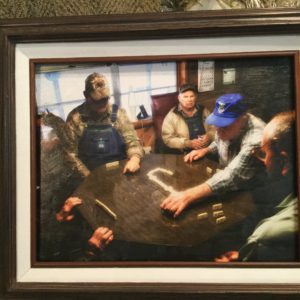
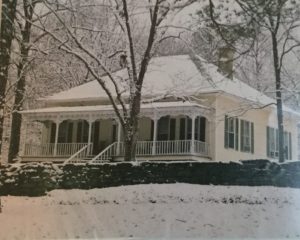
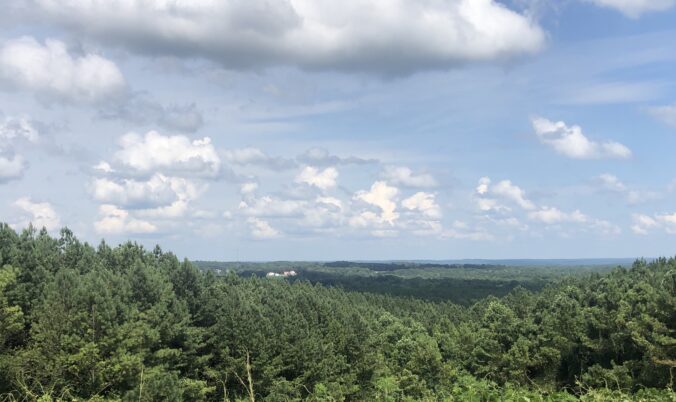
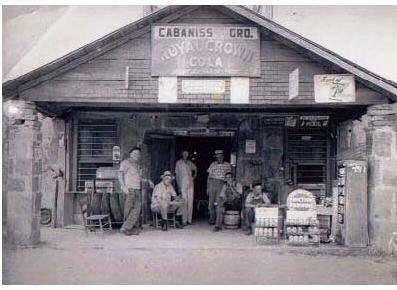

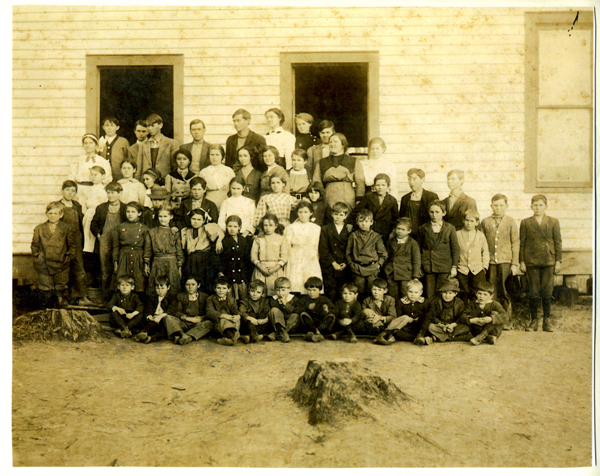
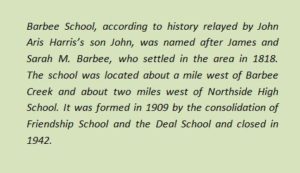
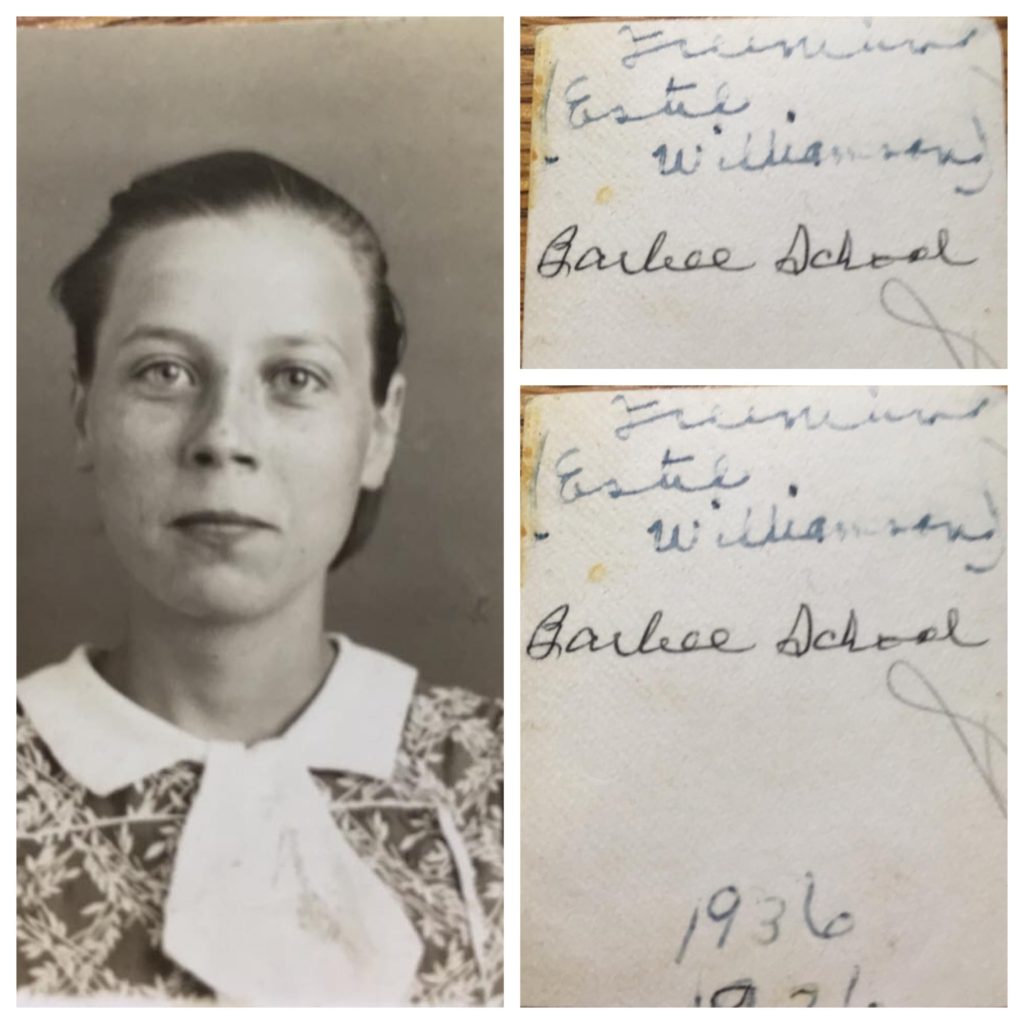

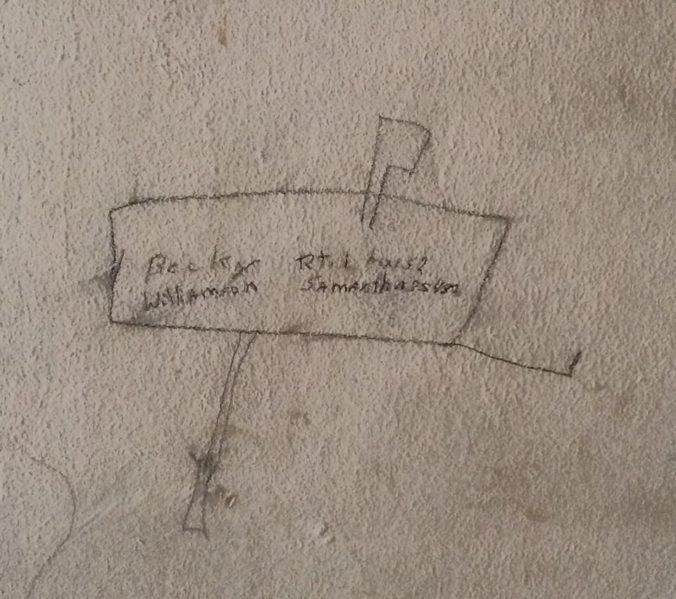
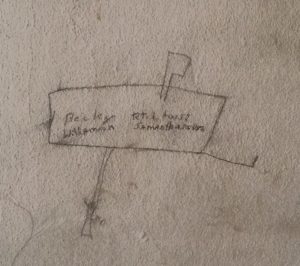
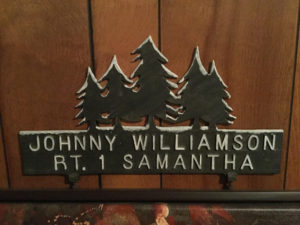
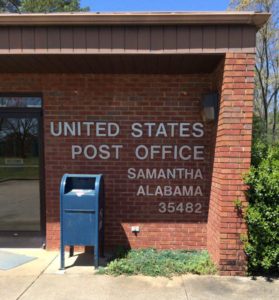
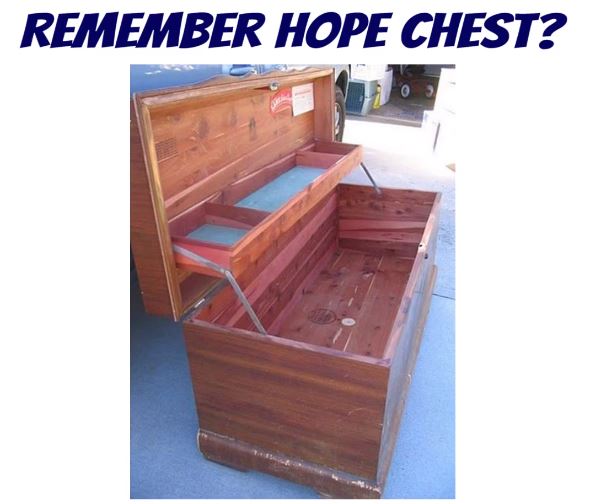
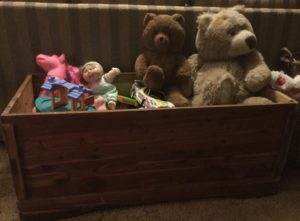
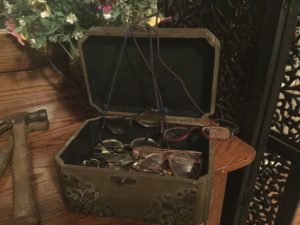
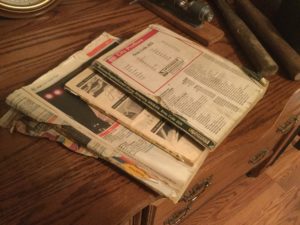

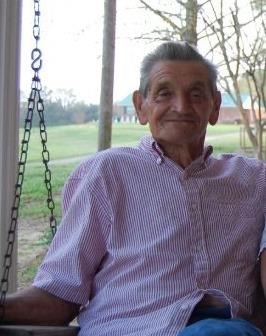
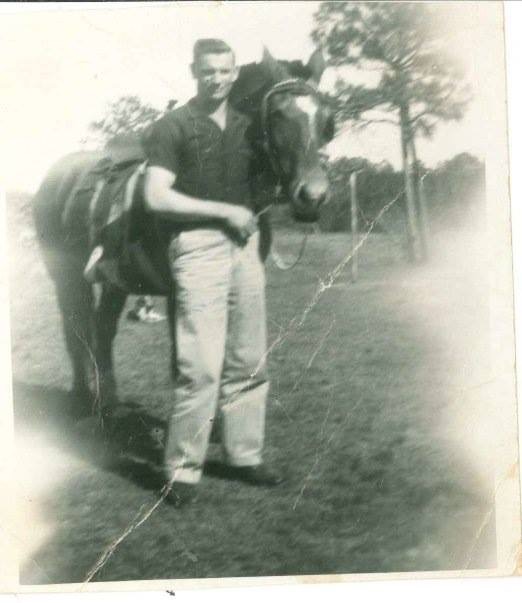
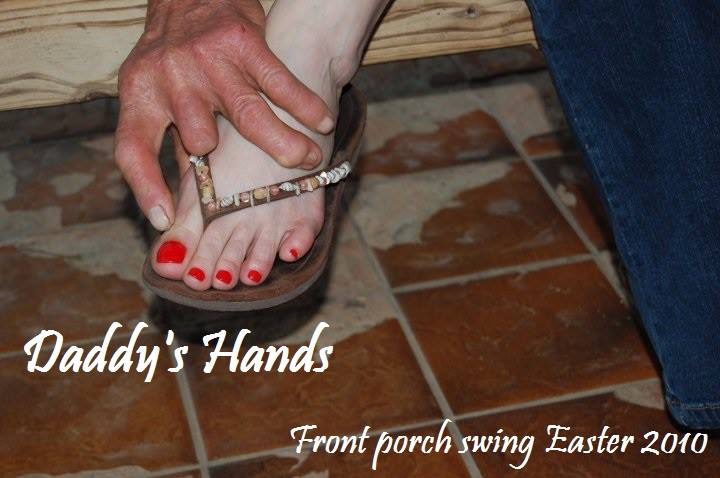
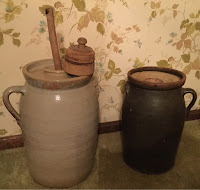

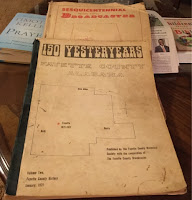

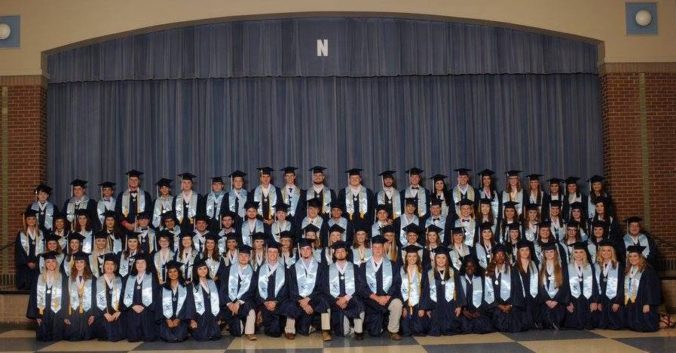
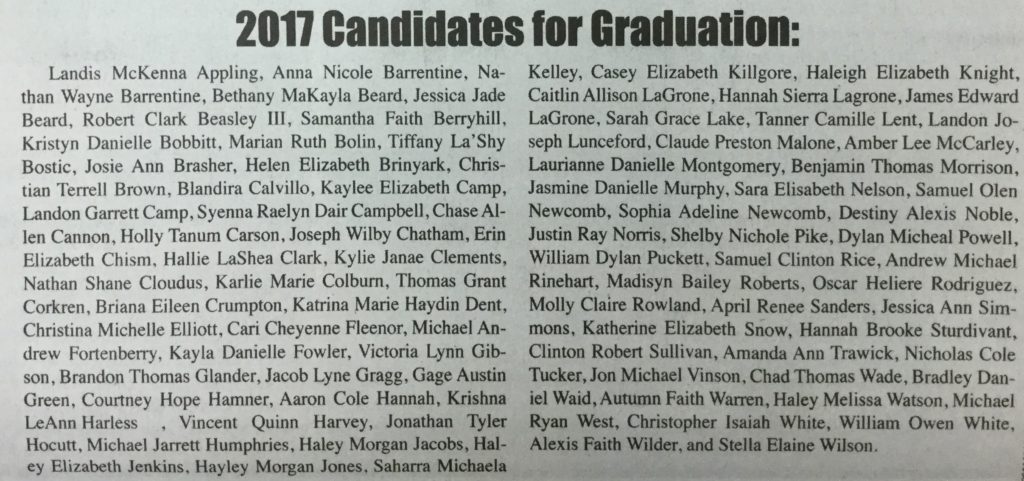
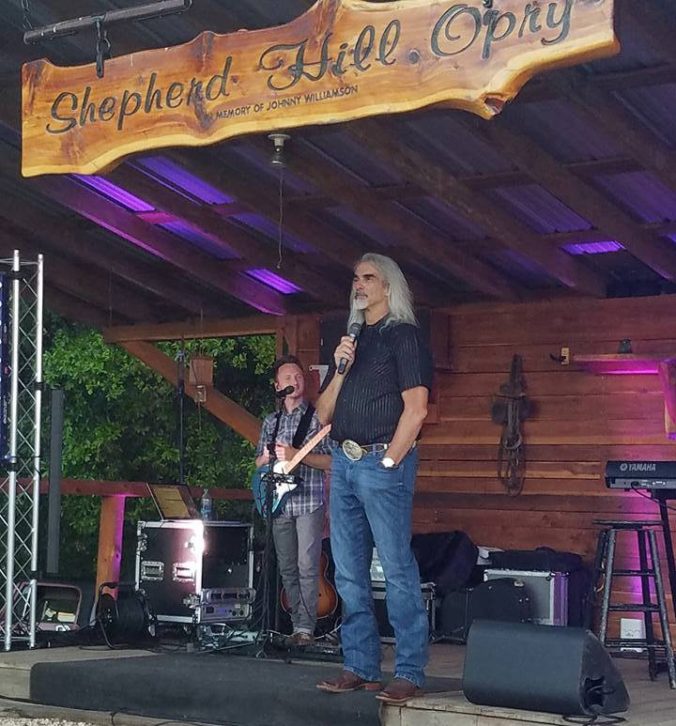
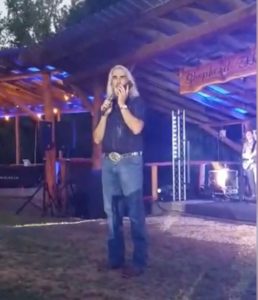
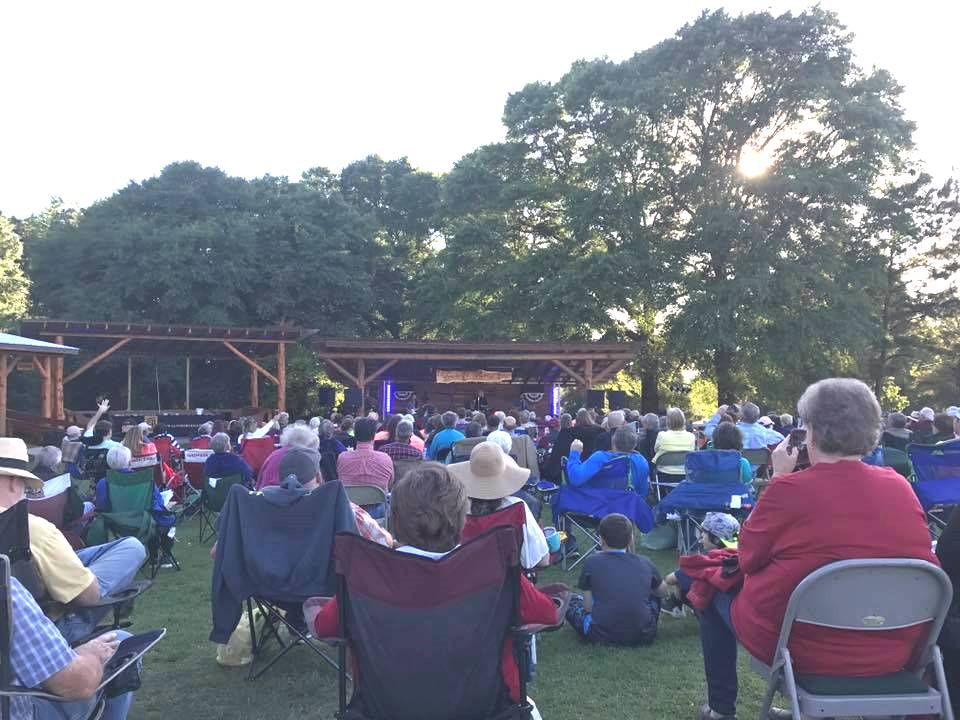
 We can blame every one of our problems on everyone in the entire world, but in the end, it is our own behavior that will either make us or break us into becoming the person we need to be.
We can blame every one of our problems on everyone in the entire world, but in the end, it is our own behavior that will either make us or break us into becoming the person we need to be.


Leave a Reply